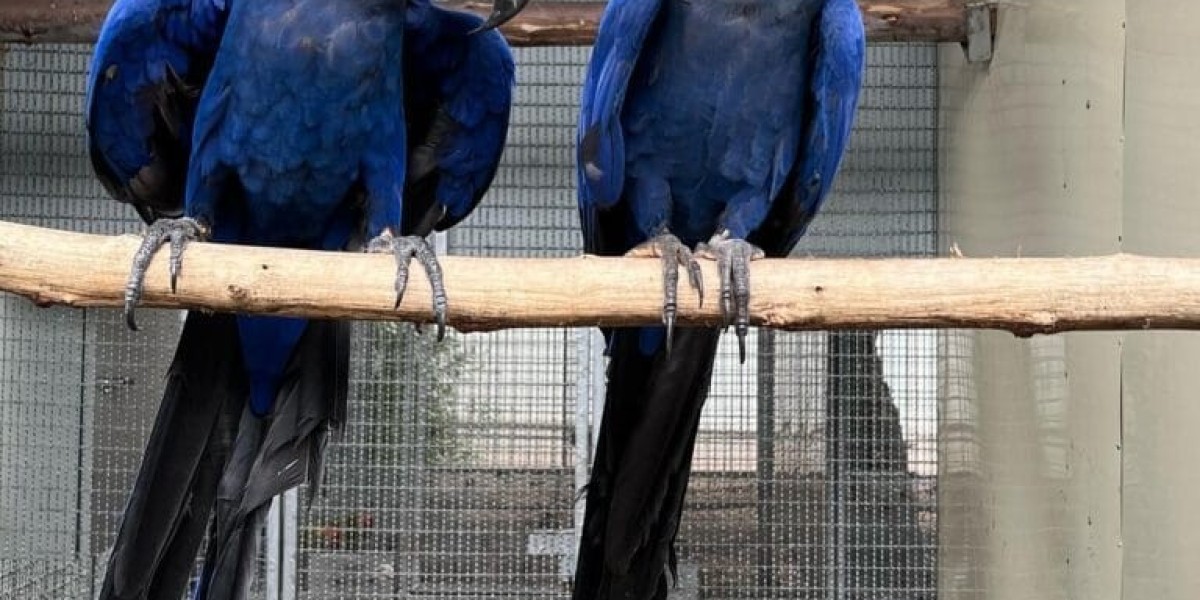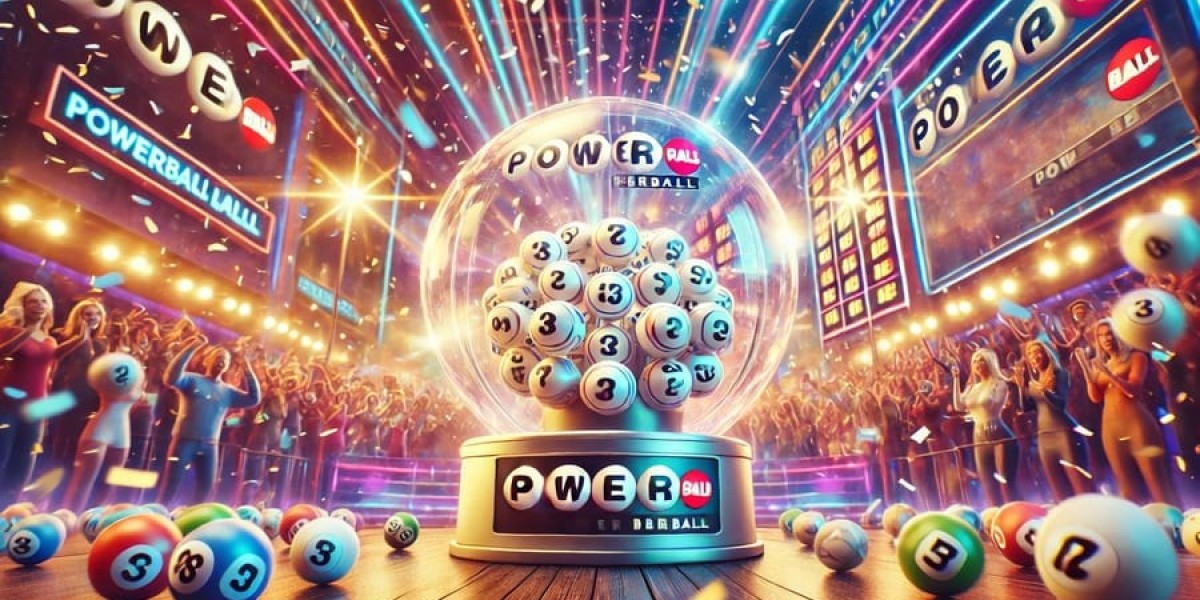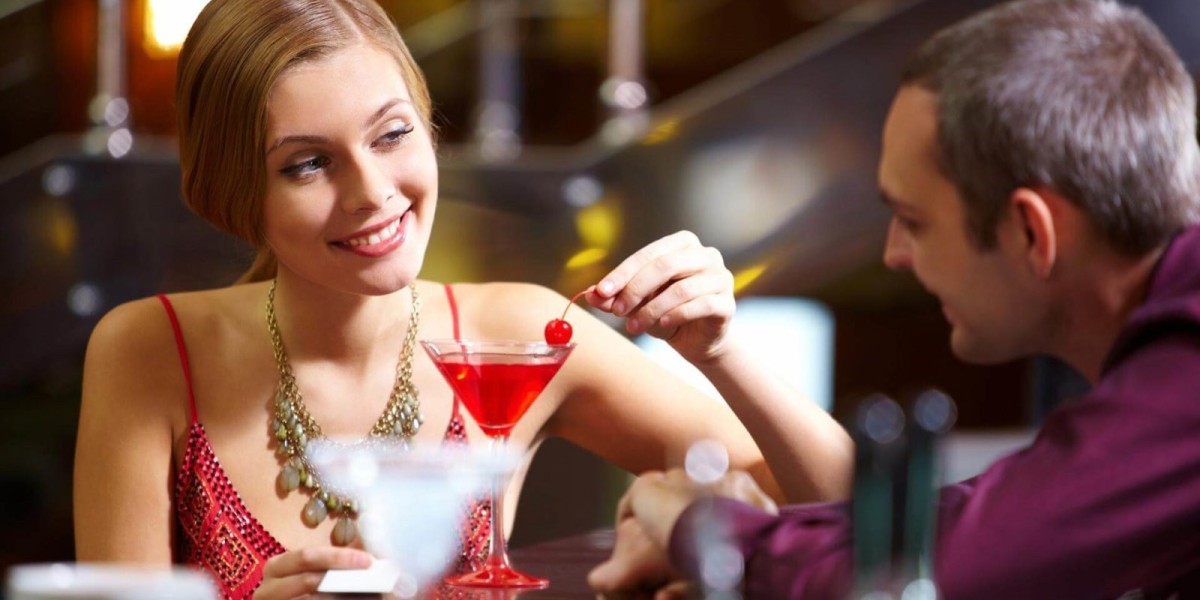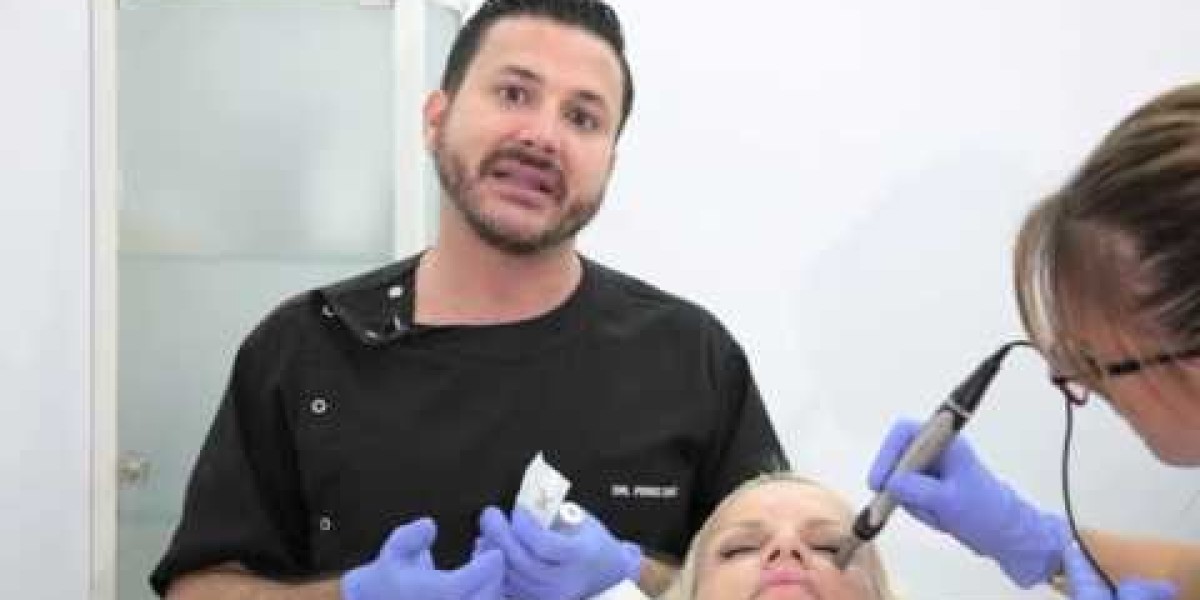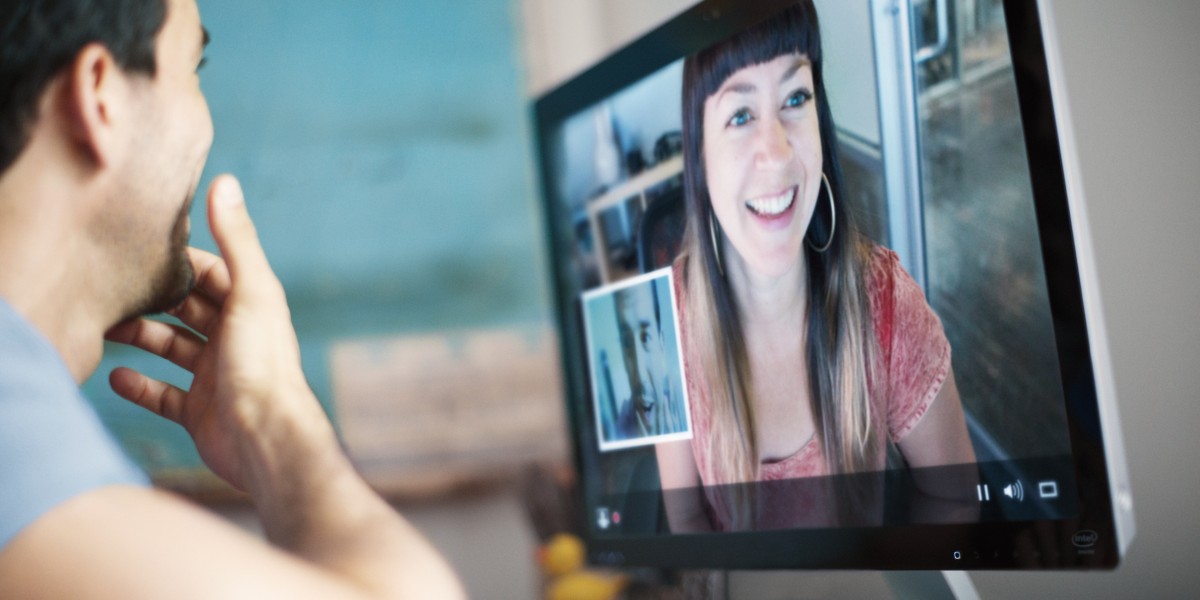The blue macaw, famously known as the Hyacinth Macaw (Anodorhynchus hyacinthinus), is one of the most stunning and sought-after parrots in the world. With its vibrant cobalt-blue feathers, incredible intelligence, and affectionate personality, it’s no surprise that bird lovers are drawn to this magnificent species. However, their rarity and specific care requirements make them one of the most expensive and challenging pet birds to own.
In this article, we will explore the price of blue macaws, the factors influencing their cost, and what prospective owners should know before bringing one home.
What Makes the Blue Macaw Special?
The Hyacinth Macaw stands out not only for its breathtaking appearance but also for its unique characteristics. Native to South America, particularly the forests and savannas of Brazil, Paraguay, and Bolivia, this bird is the largest flying parrot in the world, with a wingspan that can reach up to 4 feet and a length of about 3 feet from beak to tail.
Their striking royal blue plumage, contrasting bright yellow eye rings and beak accents, and powerful black beak make them a true visual marvel. Beyond their beauty, these birds are known for their playful, social, and gentle nature. They form strong bonds with their owners and display high levels of intelligence, capable of learning tricks and mimicking speech when properly trained.
The Price of a Blue Macaw
Owning a Hyacinth Macaw comes with a hefty price tag. On average, the cost of a blue macaw ranges from £10,000 to £15,000 or even higher, depending on various factors. Here’s a breakdown of what influences their price:
Rarity and Conservation StatusBlue macaws are listed as "Vulnerable" by the International Union for Conservation of Nature (IUCN), as their populations are declining due to habitat destruction and illegal poaching. This rarity significantly increases their price, as ethical breeders work under strict conservation guidelines to ensure that these birds are bred and raised responsibly.
Breeder ReputationReputable breeders who prioritize the health and well-being of their birds tend to charge more. They invest in proper nutrition, medical care, and a healthy rearing environment for their macaws, which naturally increases the cost for buyers.
Care RequirementsThese birds require extensive care, including a specialized diet of nuts (like macadamias and Brazil nuts), fresh fruits, and vegetables, as well as high-quality formulated pellets. Breeders often pass part of this cost onto the buyer.
DemandThe blue macaw's popularity as an exotic pet, coupled with their rarity, leads to high demand. This has a direct impact on their price in the market.
Additional Costs to Consider
The price of purchasing a blue macaw is just the starting point. These birds are known for high maintenance needs, both in terms of finances and time. Prospective owners must be prepared for several additional expenses, including:
- Housing: Hyacinth Macaws require a large, sturdy cage, as their strong beaks can easily destroy standard aviaries. A proper cage can cost anywhere from £500 to £2,000 or more.
- Diet: Providing a healthy diet can cost an average of £50 to £100 per month, given their need for specialized foods.
- Veterinary Care: Routine checkups with an avian veterinarian and potential medical emergencies can be expensive. Expect yearly costs in the range of £200 to £500.
- Toys and Enrichment: These intelligent birds need continuous mental stimulation to prevent boredom and destructive behaviors. High-quality parrot toys and foraging puzzles can cost £20 to £50 each, and you'll need to replace them frequently.
- Time Commitment: Beyond monetary expenses, owning a blue macaw requires a tremendous investment of time. They thrive on social interaction and can become depressed or aggressive if neglected.
Is Owning a Blue Macaw Right for You?
While the blue macaw is undeniably a beautiful and charismatic bird, it’s crucial to evaluate whether you can provide the care and environment it needs to thrive. These birds have a long lifespan—often living 50 to 70 years or more in captivity—so owning one is a lifelong commitment.
Additionally, their intelligence and curiosity make them highly social creatures that crave interaction. Owners must be ready to spend ample time bonding with them on a daily basis. If these needs are not met, the bird may develop behavioral issues such as screaming, feather plucking, or aggression.

Conclusion
The blue macaw is truly a marvel of nature, captivating bird enthusiasts with its beauty, intelligence, and charm. However, this also means the commitment—both financially and emotionally—can be immense. With a price tag ranging from £10,000 to £15,000 and substantial ongoing expenses, owning a Hyacinth Macaw is an investment not to be taken lightly.
If you’re considering adding a blue macaw to your family, make sure to thoroughly research reputable breeders and prepare for the unique challenges and responsibilities of owning such a rare and remarkable bird. Ultimately, for those who are equipped to meet their needs, a blue spix macaw lifespan [published on buy-macaw.com] can become a cherished lifelong companion.
